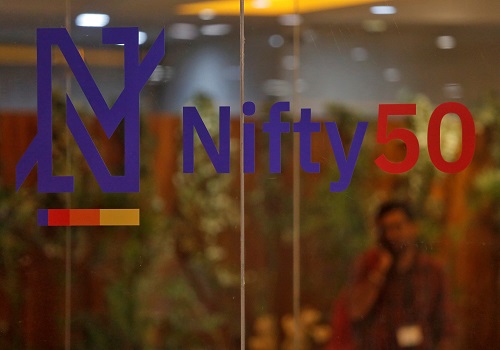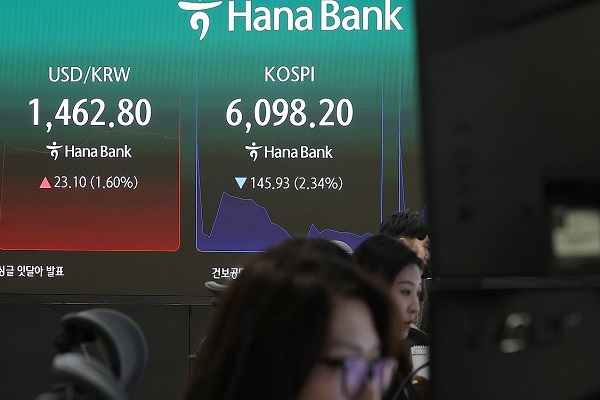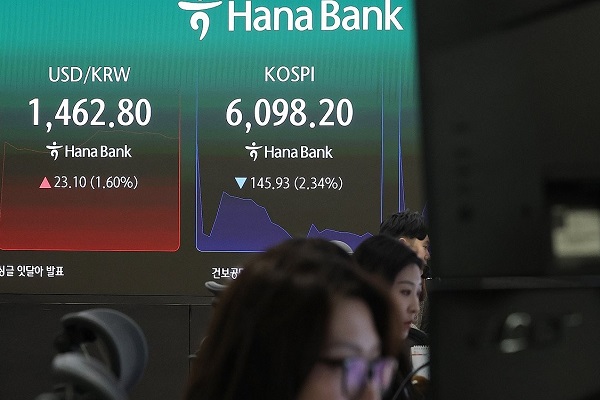Generative AI users in South Korea nearly double in 2024

The number of users of generative artificial intelligence (AI) services in South Korea nearly doubled from a year earlier in 2024, government data showed on Sunday.
In a survey on internet usage conducted by the Ministry of Science and ICT, the rate of respondents who experienced generative AI services jumped to 33.3 percent last year from 17.6 percent a year ago.
The outcome means 1 out of 3 internet users here have experienced generative AI services, such as ChatGPT, the AI chatbot created by U.S.-based OpenAI, reports Yonhap news agency.
Nearly 82 percent of the users looked up generative AI service for information research, while 44 percent of them used such services for assistance in paperwork and 40 percent for foreign language translation, the survey showed.
About 98 percent of the users responded they use instant messaging services, with KakaoTalk overwhelming other services.
More than 95 percent of the users said they used online video platform YouTube.
Overseas direct purchases by internet shopping customers jumped to 34 percent last year from the previous year's 20 percent following the advance of Chinese e-commerce platforms, including AliExpress and Temu, to the Korean market.
The survey was conducted on 60,229 family members from 25,509 households across the country, the ministry said.
Meanwhile, an IDC report said this week that 70 per cent of Asia/Pacific organisations expect agentic AI to disrupt business models within the next 18 months.
Organisations in the region are looking to drive operational efficiencies, improve customer engagement, and enhance decision-making by adopting agentic AI.
“Agentic AI workflows offer a more intelligent approach to adopting and integrating GenAI into business operations. However, it is crucial to recognise the importance of security and trust when implementing these systems,” said Deepika Giri, head of research, Big Data and AI, IDC Asia/Pacific.
The underlying data ecosystem must evolve to support agent-based architectures by enabling dynamic data pipelines that facilitate the seamless flow of multimodal data across systems. The rise of multi-agent system architectures will represent the next major wave in AI adoption,” Giri added.
























